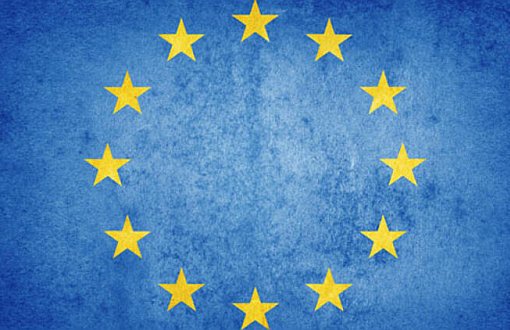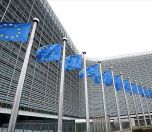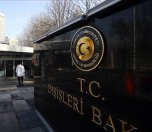Click to read the article in Turkish / Kurdish
The European Union (EU) released its progress report on Turkey and seven other countries for the year 2019 today (May 29).
Covering the period from March 1, 2018 to March 1, 2019, the reports were shared with the public by High Representative of the EU for Foreign Affairs and Security Policy Federica Mogherini and EU Commissioner for European Neighborhood and Enlargement Negotiations Johannes Hahn.
Speaking about Turkey, Johannes Hahn underlined that in addition to human rights violations committed in the country, there is also serious backsliding in the fields of democracy, economy and free market.
Hahn also addressed the accession negotiation process with Turkey and stated that opening of a new chapter is not foreseen for the time being.
Some highlights from the progress report on Turkey are as follows:
'Law retaining elements of State of Emergency'
"The state of emergency [...] was immediately followed by the adoption by the Turkish parliament of a law that retained many elements of the emergency rule for further three years.
"The law limits certain fundamental freedoms, allowing in particular to dismiss public servants (including judges) and to prolong detentions, to restrict freedom of movement and public assembly, and extending powers for Government-appointed provincial governors.
'Serious backsliding in rights, freedom of expression'
"Serious backsliding remains in terms of human and fundamental rights. [...] There has been serious backsliding in the areas of freedom of expression, assembly, and association and in procedural and property rights.
"No changes were made to the legislation introduced immediately after the lifting of the state of emergency, which removed crucial safeguards protecting civil society activists, human rights defenders, journalists, academics and others from abuses.
"Severe restrictions on freedom of expression continued and the trend for prosecution of writers, social media users and other members of the public, even children, for insulting the President has dramatically increased. The lack of transparency as to media ownership continues to cast doubt on the independence of editorial comment.
'Space for civil society has further shrunk'
"Many human rights defenders, civil society activists, media, academics, politicians, doctors, lawyers, judges and lesbian, gay, bisexual, transgender and intersex (LGBTI) people, are still detained – sometimes without indictment, and are facing smear campaigns by the media and senior politicians. The space for civil society organisations working on fundamental rights and freedoms has further shrunk, notably exemplified by the introduction of further administrative obstacles.
'Growing polarization in run-up to local elections'
"The new presidential system has centralised power in the hands of the executive and significantly curtailed the Parliament's legislative and oversight functions. [...] Ministers no longer appear before Members of Parliament, who can ask only written questions.
"Growing political polarisation, especially in the run-up to the March 2019 municipal elections continues to prevent constructive parliamentary dialogue. The marginalisation of the opposition, notably the People's Democratic Party (HDP) continues, and many HDP lawmakers are detained.
Annulment of İstanbul elections: Source of concern
"The decisions by the Supreme Election Council to re-run elections in Istanbul as well as to grant the mayorship of individual municipalities in the south-east to second-placed candidates are a source of serious concern regarding the respect of the legality and integrity of the electoral process and the institution's independence from political pressure.
"They go against the core aim of a democratic electoral process – that is to ensure that the will of the people prevails.
"The annulment of the metropolitan mayoral election in Istanbul and its re-scheduling were strongly contested by opposition parties.
Comments on economy and climate
"Serious backsliding continued in the Turkish economy, leading to deeper concerns over the functioning of the country's market economy.
"Concerns regarding the independence of key economic institutions have deepened. [...] There was no progress in improving the transparency of state aid. Turkey made some progress and has a good level of preparation to cope with competitive pressures and market forces within EU. [...] However, there are persistent problems with quality of education and gender equality.
"Turkey has reached some level of preparation on competition, agriculture, food safety, veterinary and phytosanitary policy, social policy and employment, environment and climate change where more ambitious and better coordinated policies still need to be established and implemented." (PT/SD)
Click here to download the full Progress Report on Turkey 2019









